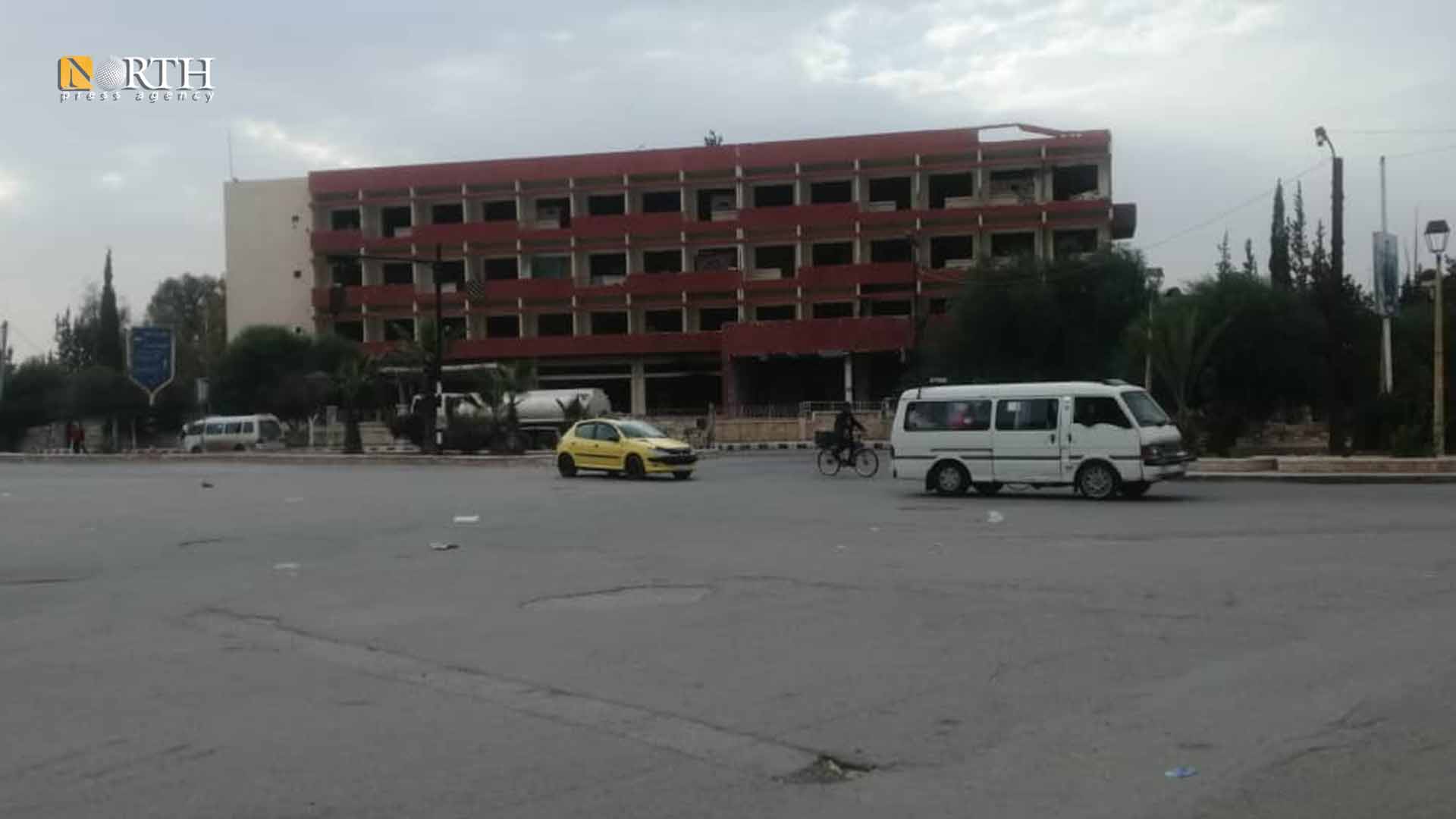DARAA, Syria (North Press) – Muhammad al-Youssef, a pseudonym for a university student recently released from detention, thinks Syrian government forces and their security branches conduct campaigns of arrest without submitting clear accusations.
On November 7 and 14, the Syrian government forces released two batches of detainees from Daraa custodies after Bashar al-Assad, the Syrian president, issued a presidential amnesty.
15 prisoners were released in the first batch and 20 in the second one.
All the prisoners released this month had remained in jails for three months or one year, according to families of the detainees and residents from Daraa.
“I was arrested on a military checkpoint while heading to my university in Daraa city. I was not accused of any offences during my detention,” al-Youssef said.
When al-Youssef’s family tried to uncover his fate, they were told that he would be included in the batch to be released according to a presidential amnesty.
Hundreds disappeared
Al-Youssef believes that the Syrian government is procrastinating to reveal the fate of the disappeared in its custodies for years.
Hundreds of young men in Daraa city were arrested by Syrian security forces in the early months of 2011 in anti-Assad protests that called to topple the regime, according to local activists.
Daraa Martyr’s Documentation Office, a non-governmental organization, announced one hundred prisoners from Daraa were released in a presidential amnesty issued on June 27. The total toll of released people in Daraa has been 192 since the summer of 2018.
Yasin al-Hassan, father of one of the disappeared, said his son has been in custody for nine years and the government withheld to uncover the fate of the disappeared and the missing but only releases prisoners who were recently imprisoned.
al-Hassan told North Press that he paid large sums of money to officers in the government to get information revealing the fate of his imprisoned son and once he paid tens of millions of Syrian pounds to one single officer in vain.
“later I realized that I was a victim of fraud the same like many other families whom beloved ones are disappeared,” he noted.
Promises unaccomplished
A Russian-brokered settlement agreement between government forces and opposition factions in the summer of 2018 stipulated the end of arrests of those wanted people who settled their status.
However, the Russian guarantor did not adhere to its commitments to end the arbitrary arrests.
Many prisoners died under torture in cells run by government forces as international and local reports said.
In a statistic conducted by Daraa Martyr’s Documentation Office, 1,380 prisoners have died in Syrian government jails since 2011. In some cases, bodies of the deceased were not handed to their families nor a death certificate was issued.
Following the second settlement process kicked off in September and finished in November, 64 people were reported jailed by government forces despite they had documents proving they underwent a settlement agreement.
Dignitaries in Daraa said Russia has promised to work on the disappeared file and will reveal their fate shortly after the recent settlement agreement was conducted.
Obada al-Hariri, an activist in the western countryside of Daraa said the government does not have real intentions to uncover the fate of the detainees specially those imprisoned in 2011 civil protests and the period after it.
Al-Hariri added that the government’s intentions is obvious citing testimonies of prisoners recently jailed and released while fate of those imprisoned since the beginning of the Syrian conflict remained unknown.

